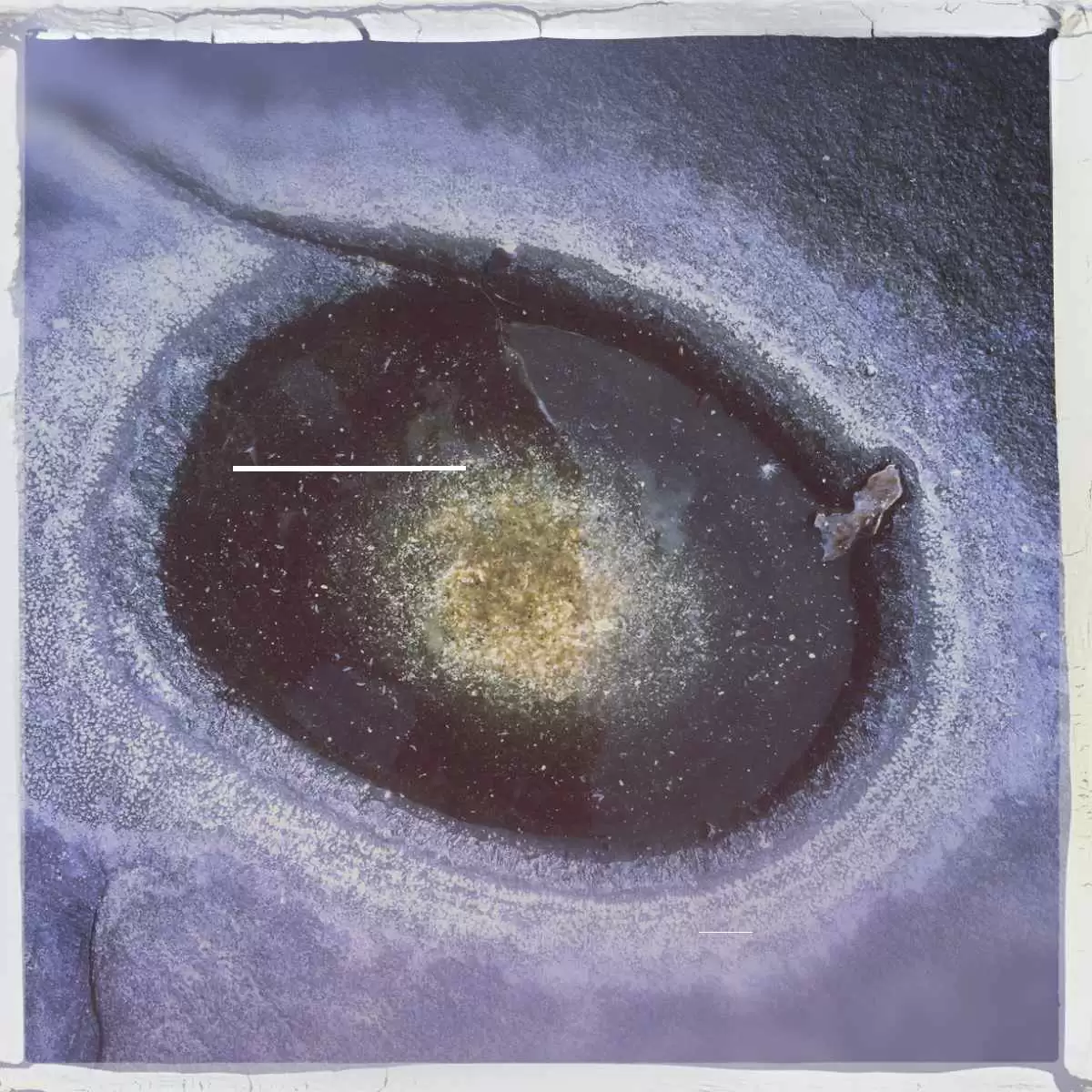
Celiac.com 07/25/2018 - Several recent research articles have emphasized the connection between intestinal autoimmune diseases, such as Crohn's disease with dysbiosis or an imbalance in the microbiota composition in the gut. However, little is known about the role of the microbiota in autoimmune pathologies affecting other tissues than the intestine.
A team of researchers recently set out to examine the role played by gut microbiota in the pathogenesis of non-intestinal autoimmune diseases, such as Grave's diseases, multiple sclerosis, Type-1 diabetes, systemic lupus erythematosus, psoriasis, schizophrenia, and autism spectrum disorders. They wanted to see if microbiota can influence and determine the function of cells of the immune system.
Celiac.com Sponsor (A12):
In their report, the team discusses how metabolites derived from bacteria could be used as potential therapies for non-intestinal autoimmune diseases.
The report was reviewed by Richard Eugene Frye of Phoenix Children's Hospital, United States, and Matej Oresic at the University of Turku in Finland. The report was edited by Marina I. Arleevskaya of Kazan State Medical Academy in Russia.
The authors conclude: "The current evidence supports the notion that changes or alterations of the microbial species that form part of the intestinal microbiota will affect the balance of Tregs and Th17 cells at the intestine, which could modify the immune response of non-intestinal autoimmune diseases. The experimental evidence suggesting that the cytokines secreted from Treg and Th17 will determine and influence non-intestinal autoimmune responses. It could also be possible that cells of the immune system located at the intestine could to move other organs to establish or modify an autoimmune response. The major message of this review is that the abundant data support the notion that the intestine is a critical organ the appropriate immune balance and for the prevention of non-intestinal autoimmune diseases. The key point is that by modifying the intestinal microbiota of a patient that suffers non-intestinal autoimmune disease it might be possible to improve the outcome of such illness."
For more on the role of microbiota in influencing immune cell function and promoting individual wellbeing, read the full report in Frontiers in Microbiology.
The research team included Maria C. Opazo, Elizabeth M. Ortega-Rocha, Irenice Coronado-Arrázola, Laura C. Bonifaz, Helene Boudin, Michel Neunlist, Susan M. Bueno, Alexis M. Kalergis, and Claudia A. Riedel. They are variously affiliated with the Laboratorio de Biología Celular y Farmacología, Departamento de Ciencias Biológicas, Facultad de Ciencias Biológicas, Millennium Institute on Immunology and Immunotherapy, Universidad Andres Bello, Santiago, Chile; Facultad de Medicina, Millennium Institute on Immunology and Immunotherapy, Universidad Andres Bello, Santiago, Chile; Laboratorio de Inmunobiología, Facultad de Medicina, Departamento de Biología Celular y Tisular, Universidad Nacional Autónoma de México, Mexico City, Mexico; Departamento de Genética Molecular y Microbiología, Facultad de Ciencias Biológicas, Millennium Institute on Immunology and Immunotherapy, Pontificia Universidad Católica de Chile, Santiago, Chile; Unidad de Investigación Médica en Inmunoquímica Hospital de Especialidades Centro Médico Nacional Siglo XXI, Instituto Mexicano del Seguro Social, Mexico City, Mexico; Institut National de la Santé et de la Recherche Médicale U1235, Institut des Maladies de l'Appareil Digestif, Université de Nantes, Nantes, France; and the Departamento de Endocrinología, Facultad de Medicina, Pontificia Universidad, Metropolitana, Chile.








Recommended Comments
There are no comments to display.
Create an account or sign in to comment
You need to be a member in order to leave a comment
Create an account
Sign up for a new account in our community. It's easy!
Register a new accountSign in
Already have an account? Sign in here.
Sign In Now